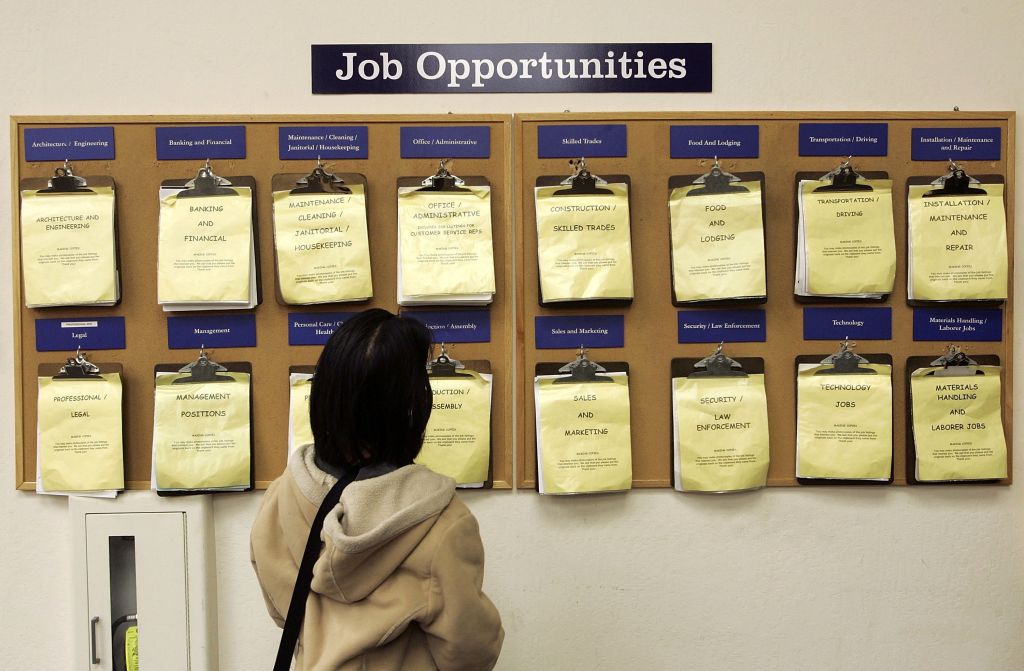Black College Students Graduating Face Promising Job Market
Source: Getty Images / Getty
Graduation season is one of the happiest times of the year for so many Black students. For most, it works as the bridge from their school days to their launch into the working world.
While in some years the trajectory for graduating Black students in the job market hadn’t been promising, the numbers are telling a different story in 2022.
Last month’s jobs report bodes well for Black workers, in particular. Overall, the unemployment rate in April remained at 3.6%, just a tenth of a percentage point off from the 50-year low that was first established in 2019. Noit to be outdone, the current Black unemployment rate has finally reached pre-pandemic levels.
April also marked the 12th straight month that more than 400,000 jobs were added and the 16th straight month of job growth.
While Black unemployment is typically twice that of white workers with a much rate than every other demographic, the unemployment rate for Black workers was close to all-time lows at 5.9% in April. In October of 2019, the Black unemployment rate was at a record low of 5.4%.
Also, according to the National Association of Colleges and Employers, U.S. employers are planning to hire 31.6% more college graduates this year compared to 2021. This means that the job market is relatively strong for Black graduates entering the workforce in 2022.
However, the job market and hiring prospects aren’t all roses and rainbows.
If you take a closer look at the numbers broken down by gender, the unemployment rate for Black men actually rose to 6.1% in April from 5.6% in March. This is an interesting development considering that the labor force participation rate for Black men jumped a full percentage point in April to 6.89% and showed that more Black men were entering the job market in April. In comparison, Black women saw their unemployment rate fall from 5.5% in March to 5% in April.
“Black unemployment has been trending down pretty steadily over the last six months or so, and it’s now down below 6% for the first time in this recovery,” Elise Gould, senior economist at the Economic Policy Institute, told CNBC. “That’s certainly a positive sign, but it’s important to remember that it’s significantly higher than any other group.”
Black students on average are still graduating with $25,000 more in student debt than their white counterparts. And according to a study by Real Estate Witch, the starting salary for recent graduates is around $55,000. This means many fresh graduates will still struggle to pay their student loan payments each month while combating inflation. In fact, the study went on to point out that just 51% of students who had jobs set up before they graduated were pleased with their starting salaries. Nearly half of these students are graduating with at least $30,000 in student debt, with close to 30% graduating with $50,000 or more in debt.
For Black people in this nation, the quest for economic equality and economic opportunity has always been a struggle. The latest jobs report shows us that while progress is being made to combat unemployment in the Black community after the pandemic, there is still more work that needs to be done to ensure equality moving forward for Black people across the entire labor market.
SEE ALSO:
Anonymous Donor Clears Student Debt For Wiley College’s Graduating Class
The Real Reasons Why The Black Unemployment Rate Is Always The Highest

